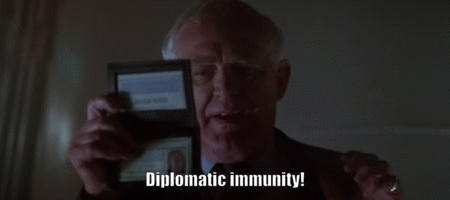Found it.
Relevant case:
Police destroyed the home of Leo and Alfonsina Lech while pursuing a fugitive and refused to pay for the damage that was caused. While the Supreme Court declined to hear the Lechs’ case, IJ is committed to ensuring the government pays when it must violate a person’s property rights.

ij.org
Summary:
Shoplifter runs from cops into a random home and barricades himself inside. Police use armored vehicles to extricate the shoplifter and demolish the home in the process.
Court finds immunity for the City of Greenwood for damages.
Appeals finds the same.
10th Circuit concurs.
Supreme Court declines to review and allows the decision to stand as is.
The incident happened in 2015 but the Supreme Court decision to deny review is from June, 2020.
Result:
Police pursuit and attempted apprehension has no limits on the destruction involved to private property.
"We do not disagree that the defendants’ actions benefited the public. But as the Court explained in Mugler, when the state acts to preserve the “safety of the public,” the state “is not, and, consistent[] with the existence and safety of organized society, cannot be, burdened with the condition that the state must compensate [affected property owners] for pecuniary losses they may sustain” in the process. 123 U.S. at 669. Thus, “[a]s unfair as it may seem,” the Takings Clause simply “does not entitle all aggrieved owners to recompense.” AmeriSource Corp., 525 F.3d at 1152, 1154. "
As it stands now, until either this is further challenged in court or additional laws are passed, if someone goes pole vaulting through residential backyards, a police officer could chase him in a tank, destroying everything in its path just to catch him.




